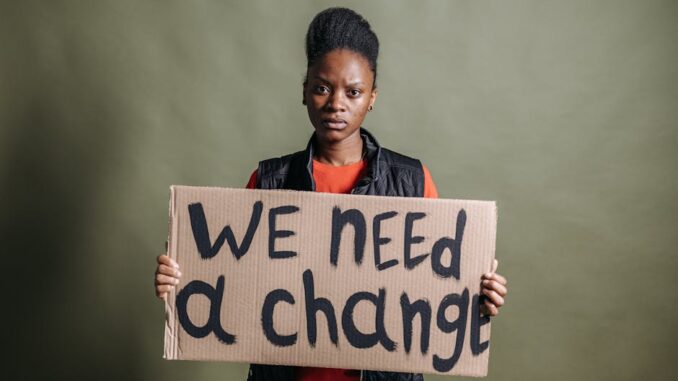
Summary
A recent study reveals significant racial disparities in access to genetic testing for children, with Black children facing more barriers than white children. This inequity hinders diagnosis and treatment of neurological conditions, highlighting systemic issues within healthcare that demand immediate attention. Addressing these disparities is crucial for ensuring equitable access to vital medical services for all children.
Main Story
Okay, so you’ve probably seen the headlines about this new study in Neurology, right? It’s pretty eye-opening stuff, and frankly, it’s something we in the field need to be talking about more openly. Basically, it shines a light on some serious inequalities in how Black children access genetic testing. I mean, we’re talking about tools that can literally change the course of a child’s life, especially when dealing with neurological issues.
Think about it: Genetic testing is a game-changer when it comes to diagnosing and managing things like autism, epilepsy, and developmental delays in kids. Identifying the root cause early? That’s HUGE. It means we can tailor treatments and get ahead of potential problems. But what happens when some kids are systematically blocked from accessing these tests? It just isn’t fair.
Now, the study itself was pretty thorough. Researchers looked at a ton of health records – over 11,000 kids – at a medical center in St. Louis. The breakdown was something like 78% white and 15% Black. They tracked who was getting genetic testing, whether the requests were approved, insurance denials, and all sorts of social factors. What they found should make us pause, and take note.
The numbers don’t lie: White children were almost twice as likely to actually complete genetic testing compared to Black children. To be exact, about 5.2% of white children got a test versus only 3.6% of Black children. And get this – the neurologists were requesting the tests at similar rates for both groups! So, it’s not a case of doctors not thinking Black children need the tests; it’s something else that’s causing the problem.
Insurance plays a big role, that’s for sure. Genetic testing requests for Black children were denied way more often – 23% compared to just 10% for white children. However, and this is a big ‘however,’ insurance alone doesn’t explain the whole gap. See, it’s a tangled web of issues at play here: everything from socioeconomic disparities, wealth and education inequality, to even those unconscious biases that creep into the healthcare system. I remember once a colleague mentioning how a family felt dismissed by a doctor, they felt as though the doctor just didn’t listen to their concerns! These things, they add up. I think, its something we all need to be aware of.
And, unsurprisingly, kids with public insurance were also less likely to get these tests. It shouldn’t be that way. They were 41% less likely, I mean, imagine how that must feel. It’s a clear sign that financial barriers are locking families out. Which then begs the question, what can we do about it? It’s obvious we need some serious policy changes.
The consequences of all this? Delayed diagnoses, missed opportunities for early intervention, and increased stress on families. I mean, It’s hard enough raising a child with neurological challenges without also battling systemic barriers.
So, what’s the fix? Well, for starters, we need to raise awareness among healthcare providers. We need to train doctors to be aware of these inequalities and communicate with all families in a sensitive way. Expanding genetic counseling services, especially for families facing financial challenges, is another must. And of course, we need those policy changes to tackle insurance disparities and make healthcare more accessible for everyone.
Ultimately, it’s about making sure that all children, regardless of their race or socioeconomic status, have a fair shot at accessing the diagnostic tools they need. It’s not just a matter of social justice – although, it definitely is that – it’s about improving the health and well-being of all children. If we don’t, you have to ask what kind of healthcare system we’re building? A better one, I hope!


Oh, so *insurance* is only *part* of the problem? How refreshingly nuanced for a system that usually solves everything with money. Next you’ll tell me “unconscious bias” isn’t just a buzzword, but a genuine barrier to care. Who knew?